Extending support to age 30 for young adults in low-income countries
Life for a Child has long been aware of the difficulties young people face when they reach the age of 26 and are no longer eligible for our support. Those in low-income countries* are often the hardest hit, as there are fewer employment opportunities that provide enough income for diabetes supplies and care.
A lifeline for young adults
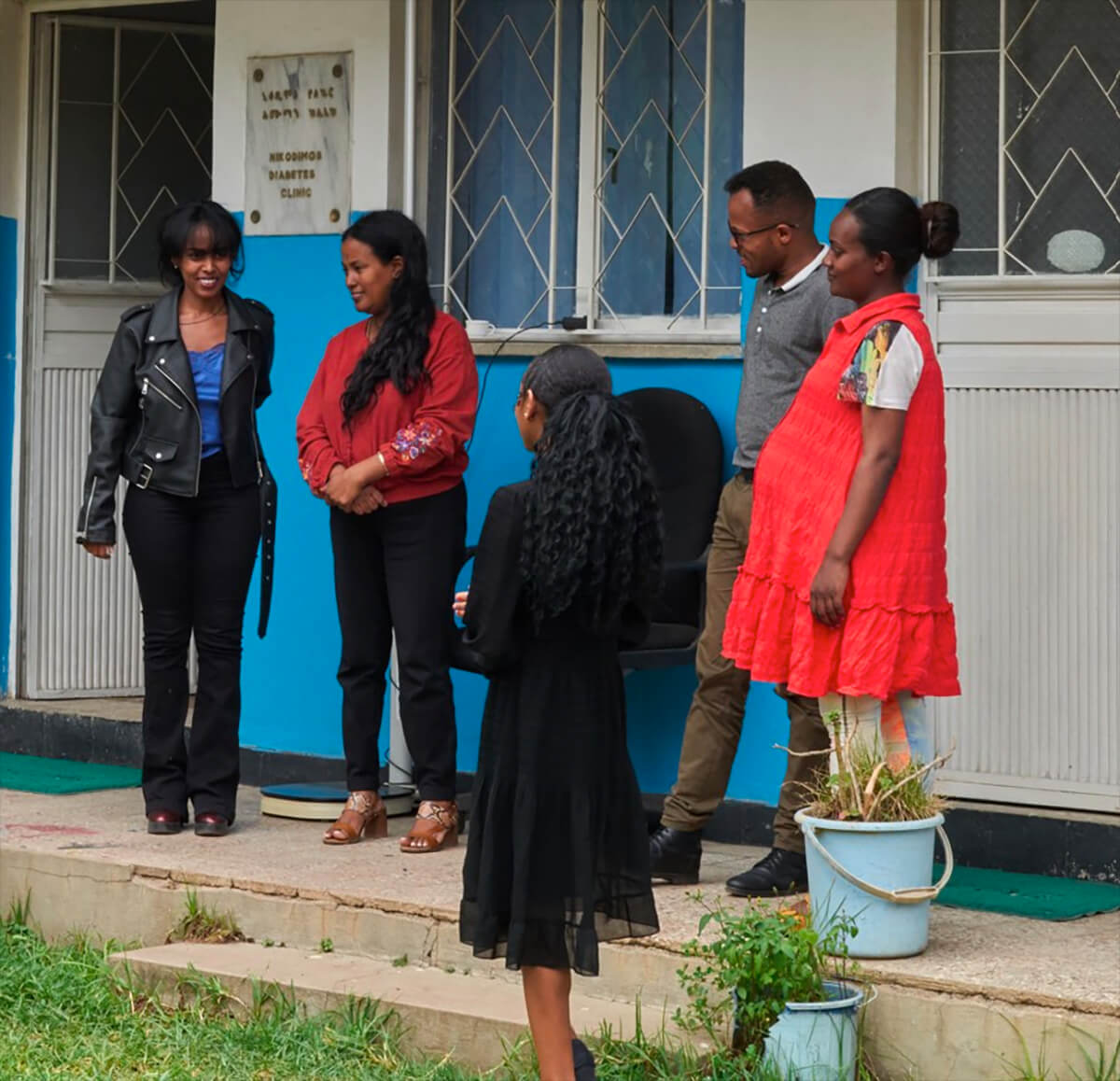
To help ease this burden, we’re introducing a new initiative called Extend30. This initiative will see Life for a Child support children and adolescents along their life course into early adulthood- a crucial phase of life.
Extend30 is only possible thanks to the support of Eli Lilly and Company, Direct Relief and other partners and donors.

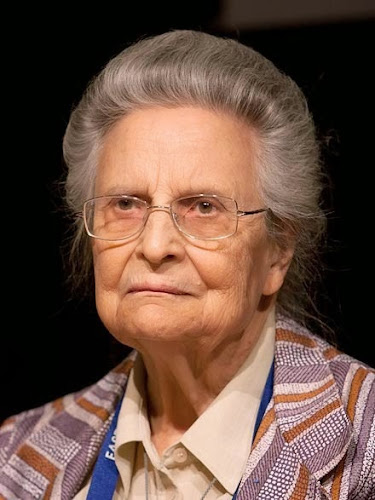
A cruel reality for young adults in the Democratic Republic of Congo
''I have spent more than 40 years of my life serving people with diabetes and I am often moved when I see the difficulties young adults have finding employment and earning a good living. There is nothing to provide them with what they need for survival. And insulin prices stay high for tiny family budgets.
They already have a hard time surviving and taking care of themselves, with the addition of immense financial difficulties their life is hell and there is very frequent premature death. Our patients are often surprised to see their comrades with AIDS treated for free when they have to pay all the costs. It is sad to put so much effort on children who are later condemned once becoming adults.''Dr. Marguerite de Clerck, Democratic Republic of Congo
Support during an important lifestage
Extend30 will help to build a future where, at age 26, young people don’t have to push their dreams to one side
They can complete their education, explore employment opportunities, and start families they wouldn’t be able to consider if they had the perpetual need to pay for insulin, supplies and care.
We estimate that Extend30 will quickly see Life for a Child provide support to more than 5,000 young adults who are currently struggling to manage their diabetes.
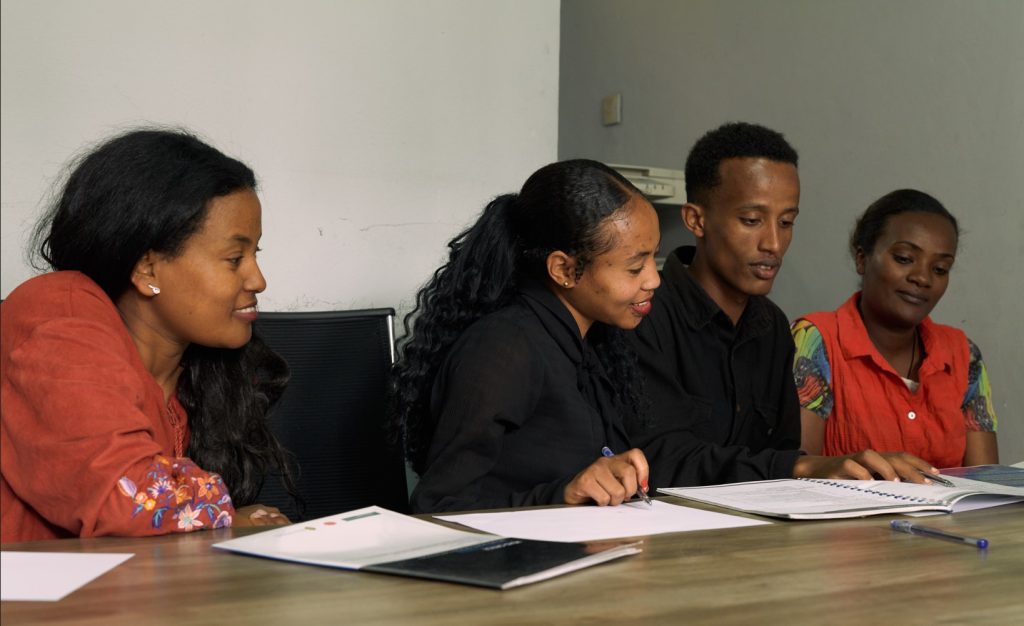
The impact of Extend30 in Rwanda
''Extend 30 will bring hope to the patients, who otherwise would struggle to find the appropriate care. This will help them to avoid the complications that will impact their quality of life and prevent premature death.
The extension will reduce the worry to access to their supplies and help them focus on their careers and families. 25 years old is the average age to have a family in Rwanda, therefore this opportunity will support the beneficiaries to start a new life.
By living a long and a healthier life, they can inspire the younger generations of people living with diabetes and the general public: That it is possible to manage and live with the disease.''Crispin Gishoma, Rwanda Diabetes Association
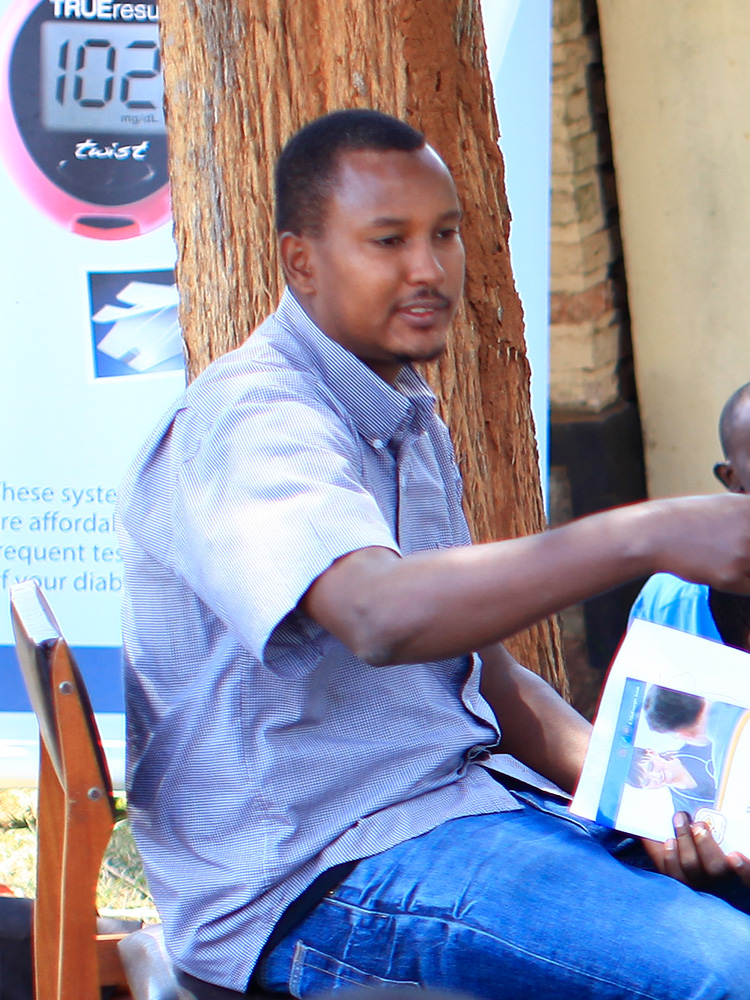
Extend30 countries are highlighted in orange below
- Burundi
- Burkina Faso
- Central African Republic
- Democratic Republic of Congo
- Eritrea
- Ethiopia
- Guinea-Bissau
- Liberia
- Madagascar
- Mali
- Rwanda
- Sudan
- Sierra Leone
- Syrian Arab Republic
- Togo
- Uganda
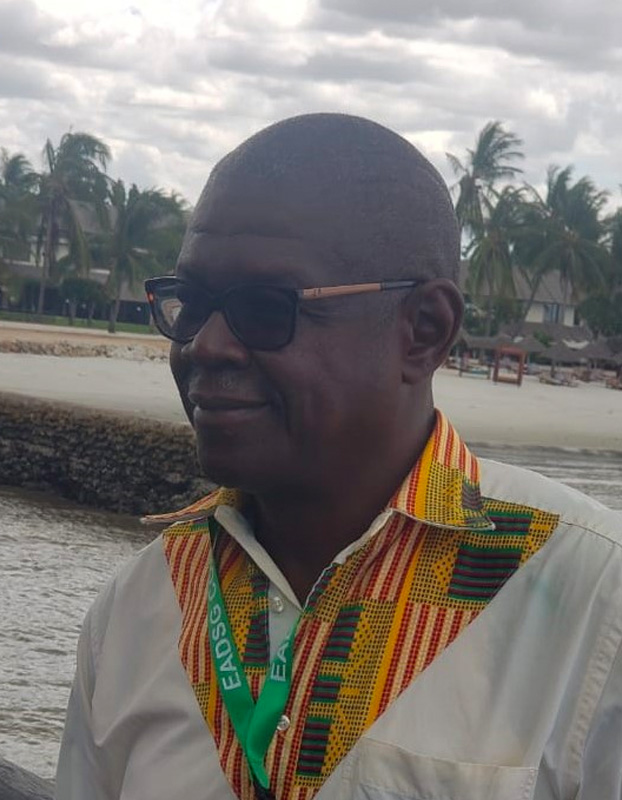
The impact of Extend30 in Central African Republic
''Our country has been going through a military and political crisis for more than 10 years, generating internally displaced people. Although young people are prepared at least a year before they [age out of Life for a Child support at age 26] the day of the announcement of the end of the donation is surrounded by great emotions and tears. Generally in the weeks following, these young people can sometimes be found in comas due to diabetic ketoacidosis because they do not have money to get insulin. The impact of extending Life for a Child support to our young people means they will have access to insulin, syringes, monitoring their glycaemia and HbA1c. This extension means they can also access our clinic for regular follow-up for their complications. The people who will be particularly relieved are: internally displaced people, the unemployed, the orphans, and the handicapped.''
Dr Gaspard Kouriah, Central African Republic
Acknowledgements
It is only because of the generosity of individuals, charitable foundations, and in-kind and financial donations from industry, that we are able to independently support young people living with diabetes.
We would particularly like to thank Eli Lilly and Company and Direct Relief for their support of Extend 30. Lilly has committed insulin and coverage of the costs of packing and shipment.
Other major financial contributors to Life for a Child are the Leona M. and Harry B. Helmsley Charitable Trust, JDRF, and Diabetes Australia. A list of our partners and contributors can be found here.
*Low-income countries classification
Life for a Child defines low-income countries according to World Bank country classifications [by income level [GNI per capita in US$ (Atlas methodology)] according to the most current fiscal year.
The World Bank updates country income classifications each year on July 1 and are based on the GNI per capita of the previous year (2022). GNI measures are expressed in United States dollars (USD), and are determined using conversion factors derived according to the Atlas method.
Life for a Child will review annual classifications every July and monitor any changes in country classifications.
World Bank notes that adjustments can occur due to Changes to Atlas GNI per capita and Changes to classification thresholds. See more information here: https://blogs.worldbank.org/opendata/new-world-bank-country-classifications-income-level-2022-2